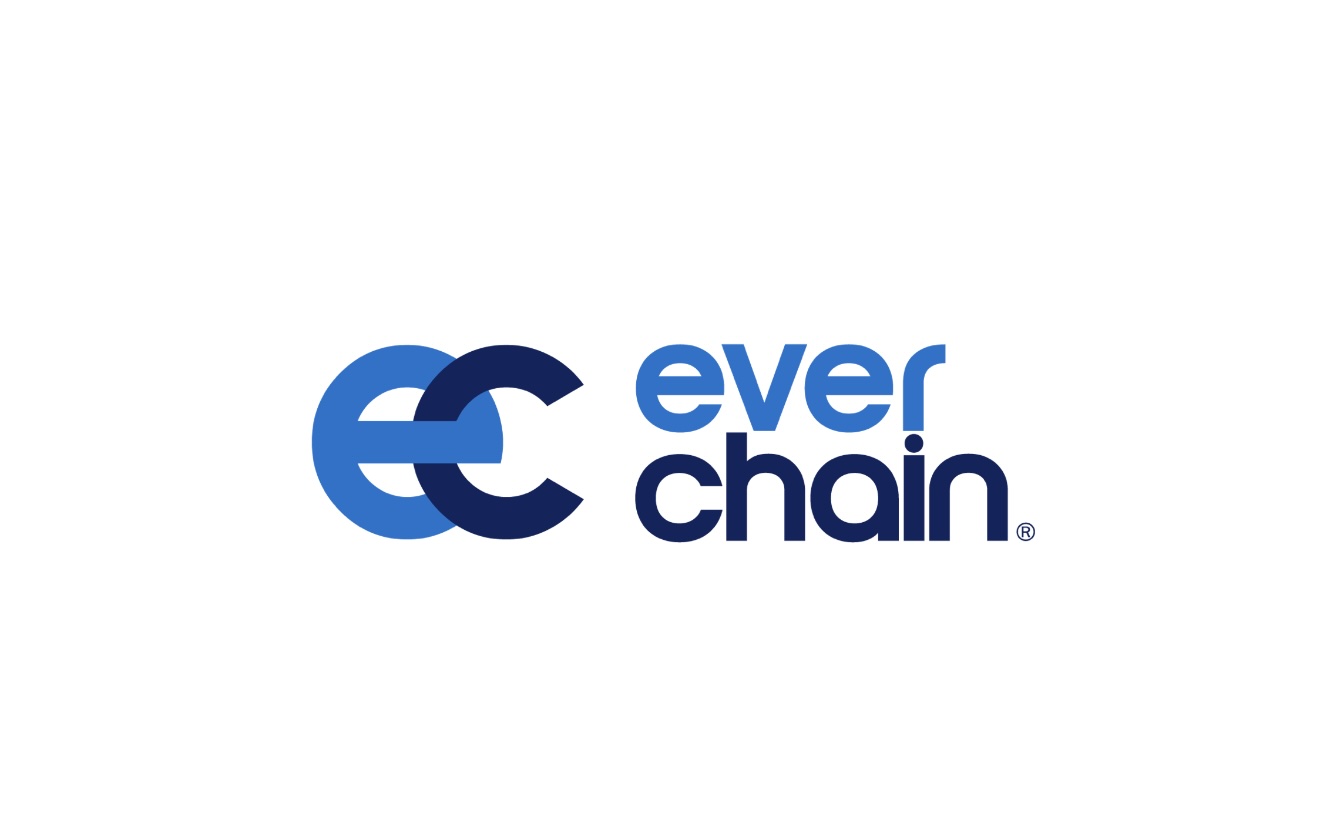Sheila Bair
The writer is a former chair of the US Federal Deposit Insurance Corporation and founding chair of the Systemic Risk Council
With US national debt exceeding $36tn, I welcome Donald Trump’s naming of Elon Musk to take a fresh look at unnecessary government spending in co-leading the new Department of Government Efficiency (Doge). Alas, one disadvantage of fresh looks is the lack of historical perspective.
A case in point is Musk’s targeting of the Consumer Financial Protection Bureau (CFPB) for elimination. Since its creation in 2010, this tiny agency has restored housing market stability, after reckless lending by largely unregulated mortgage brokers brought the US economy to its knees. With a budget of less than $700mn, or about 0.01 per cent of the federal budget, the CFPB has been giving Americans good bang for their buck.
Prior to the 2008 housing crisis, responsibility for consumer protection was scattered among state agencies for non-bank lenders, and multiple competing federal regulators for banks. Regulators were also charged with “safety and soundness” regulation and tended to prioritise bank profitability over consumer welfare. The Federal Reserve had long held authority to write mortgage lending standards for both banks and non-banks but pointedly refused to do so, until 2009, when it was too late. Given regulatory failures at both the state and federal level, Congress understandably decided consumers needed a national agency which would be singularly focused on protecting them.
Ensuring housing market stability is not the only way that the CFPB agency has saved US households money. Its enforcement actions against unfair practices have reaped over $20bn in consumer redress. Pending rules to limit overdraft fees and credit card late charges would save consumers over $13bn a year. It has also opened an inquiry into high mortgage closing costs. These align with Trump’s publicly stated desire to reduce credit card costs and make homes more affordable. However, he lacks legal authority to reduce interest rates, the province of an independent, inflation-wary Fed. But the CFPB does have authority to tackle fees which would be a non-inflationary way to give consumers relief.
Though the CFPB was created as an independent agency, the Supreme Court has ruled that its director serves at the pleasure of the president, which makes Musk’s targeting of it all the more curious. Trump’s previous appointee, Kathy Kraninger, was a responsible steward of the CFPB’s mission, who strengthened consumer protections against aggressive debt collection practices.
Big banks are no doubt grumbling to Musk about the CFPB, but in fact, they have benefited from its efforts to extend core consumer oversight to non-bank financial service providers who compete with them. Big tech companies providing electronic payment services are particularly unhappy with those efforts. (I give Musk the benefit of the doubt that his desire for X to enter the payments business is not colouring his views here.) But why should consumer protections vary depending on who is providing the service?
Industry will always complain about regulation. But consumers need protection from the tricks and traps of an overly complex financial system. So does the US economy, 70 per cent of which is driven by consumer spending. When consumers run into financial trouble, our economy tanks. This was precisely what happened during the subprime crisis and the great recession that followed. Serial refinancings by cash-strapped homeowners played an outsized role in consumer spending. Once the housing market collapsed, so did consumer demand.
Musk seems to assume that regulation is inherently anti-growth. But thoughtful, well-targeted rules constraining the worst instincts of the financial sector are essential to a healthy economy and sustainable growth. Even staunch free marketeers such as Adam Smith and Milton Friedman embraced the need for financial services oversight. Surprisingly, so does the crypto industry, which believes a credible regulatory framework will force out the bad actors and help crypto markets grow.
Winston Churchill famously said that those who fail to learn from history are doomed to repeat it. Musk should tread lightly on this one and look for the real money. Healthcare, where the US spends twice as much per person as other comparable countries, would be a logical place to start. The CFPB has provided good returns on the government’s investment. And the working families who helped elect Trump have reaped the benefits.





